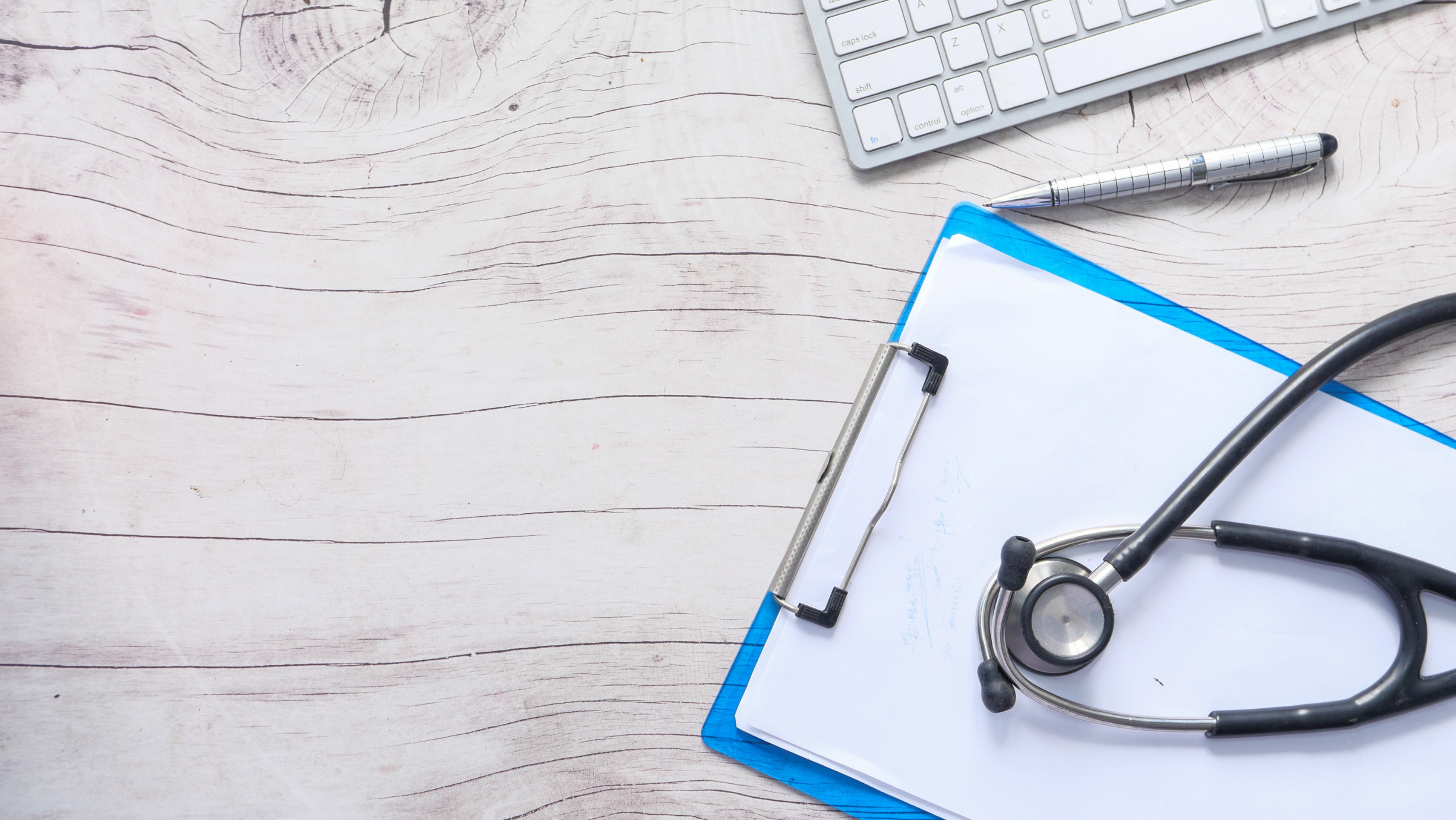An enteroscopy is an endoscopic procedure where a long, thin, flexible tube or “scope” is placed into the mouth and advanced to the jejunum (the second portion of the small intestine). The scope has a light and a camera on the end of it which allows the physician to examine the lining of the esophagus, stomach, and small intestine. An enteroscopy may be performed to diagnose the cause of gastrointestinal symptoms such as abdominal pain, bleeding, or abnormal x-ray results. If you have been told you need an enteroscopy, you can contact an expert gastroenterologist through The Gut Clinic UK to learn more about the procedure.
An enteroscopy is a common procedure used to diagnose and detect abnormalities or diseases in the small intestine.
These may include:
– Unexplained diarrhea: When the cause of persistent diarrhea is unknown.
– Abnormal growths or tumors in the small intestine: Such as polyps or tumors that need to be evaluated.
– Unexplained bleeding: When there is bleeding in the digestive tract without a clear reason.
– Abnormal x-ray results: When an x-ray shows irregularities in the small intestine.
The alternative exams or tests will depend on the specific reason for needing an enteroscopy. In most cases, enteroscopy is the best method to assess and treat abnormalities in the upper gastrointestinal (GI) tract, especially in the second portion of the small intestine called the jejunum. However, an x-ray called an upper GI/small bowel follow-through can also evaluate the upper GI tract, although it is primarily a diagnostic exam. To treat abnormalities found in the small intestine, an enteroscopy or surgery may be required.
In simpler terms, an enteroscopy helps doctors find and understand problems in the small intestine. It is often the best way to examine and treat issues in the upper digestive system. However, in some cases, an x-ray can provide some information, but it cannot treat the problems directly. For treatment, an enteroscopy or surgery is usually needed.
On the day of your enteroscopy, you will need to arrive at the endoscopy center about 1 to 1.5 hours before the procedure. This allows time for paperwork and preparations. You will be given a medical gown to change into, and a small tube called an intravenous (IV) catheter will be inserted into your arm to administer sedation. This helps you relax and feel comfortable during the exam.
Once you’re in the exam room, you’ll be asked to lie on your left side on a stretcher. The sedation will be given through the IV in small amounts to ensure you’re not having any negative reactions and to provide just the right amount needed for you. When you’re adequately sedated, the doctor will gently insert a thin, flexible tube called an endoscope into your mouth. The endoscope will be carefully advanced through your esophagus, stomach, and small intestine. To help the doctor see better, a small amount of air will be injected into your digestive system through the endoscope. Any remaining fluid in your upper digestive system will be suctioned out through the scope. During the procedure, the doctor may also take biopsies (small tissue samples), remove polyps, or address any bleeding if necessary. The exam usually takes about 15-45 minutes, depending on what the doctor finds.
After the procedure, you will be taken to a recovery room where you’ll be monitored until the sedation wears off. The time it takes for you to wake up can vary depending on the amount of sedation used and your individual response to it. Most patients are awake enough to be discharged within 45-60 minutes. Since you won’t be able to drive, it’s important to arrange for someone to take you home. You will also be advised to avoid working, signing important papers, or doing strenuous activities for the rest of the day. You can usually eat and drink normally after leaving the endoscopy unit, but your doctor will provide specific instructions about activities, eating, and medications before you’re discharged.
After the exam, your specialist will discuss the findings with you. Due to the sedation, most patients don’t remember the conversation, so it’s helpful to have someone accompany you who can also hear the results. You will also receive a written report of the procedure to take home with you.
Your doctor will provide you with specific instructions on how to prepare for the exam. In general, you will be allowed to eat normally the day before the procedure. However, starting from midnight, you will need to avoid eating anything except for your medications. It’s crucial to carefully follow the instructions given by your doctor to ensure a successful exam.
Your doctor will also provide additional instructions regarding your medications. In most cases, you can continue taking your medications as usual. However, if you take blood thinners or if you have diabetes, there may be special instructions for you. It’s important to pay attention to these instructions and follow them closely to ensure the best possible outcome for your exam.
FIND A SPECIALIST
Find a specialist for your gut problem.
The Gut Clinic UK is a one of largest physician-led platform renowned for its exceptional Gut specialists in the United Kingdom. We take pride in our rigorous selection process for specialists, ensuring that only the most qualified and experienced professionals join our platform.
Our specialists actively engage with patients, providing them with clear explanations, answering their questions, and involving them in the decision-making process.

